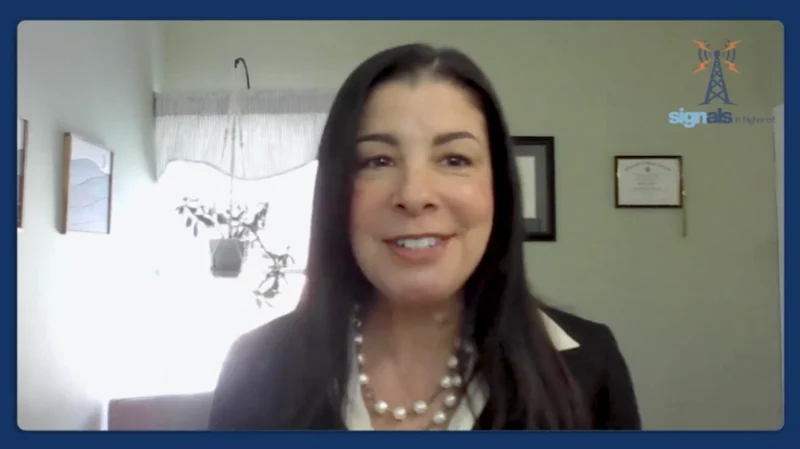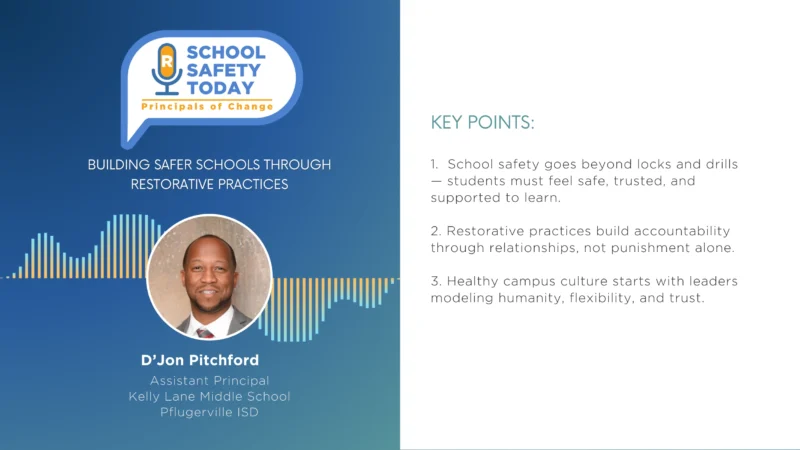Rethinking College Career Services: Applying Academic Principles to Foster Real Change in Online Education
In an era where students seek a tertiary education as their ticket to upward mobility, the narrative is being rigorously challenged, especially regarding the efficacy of college career services in aiding students to transition into the workforce. The stakes are high as countless first-generation students embark on a journey through higher education with the hopes of securing a brighter economic future. The conversation is timely, given a recent report titled “Peeling the College Career Services Office Onion” by 1UP Career Coaching, which critiques the functionality of career centers, especially for students with low social capital.
Are college career centers meeting the expectations of bridging the academic-to-workforce gap, especially for first-generation students? And how do these services work for online education, which more and more students are choosing?
Hosted by Michael B. Horn, The Future of Education invites Geordie Brackin and Mike Goldstein, the minds behind 1UP Career Coaching, to dissect the critical role of career services offices in colleges, or the lack thereof. The conversation delves into the disconnection between academic pursuits and real-world career preparedness, especially for those who are the first in their families to attend college.
Horn, Brackin, and Goldstein’s discussion include the following:
- The misalignment between college majors and real-world job market demands
- The lack of proactive engagement by career centers in preparing students for the diverse job market
- The conventional versus the needed unconventional approaches to career guidance and job search support for first-gen students
Geordie Brackin, the Co-Founder of 1UP Career Coaching, and Mike Goldstein, a serial entrepreneur in the education sector and an advisor to 1UP, bring a wealth of experience and a fresh perspective. With a background in direct coaching for first-gen college graduates, Brackin and Goldstein have been at the forefront of addressing the systemic issues within career services offices. Their innovative approach through 1UP offers a template for how career services can evolve to meet the needs of today’s diverse student body.




